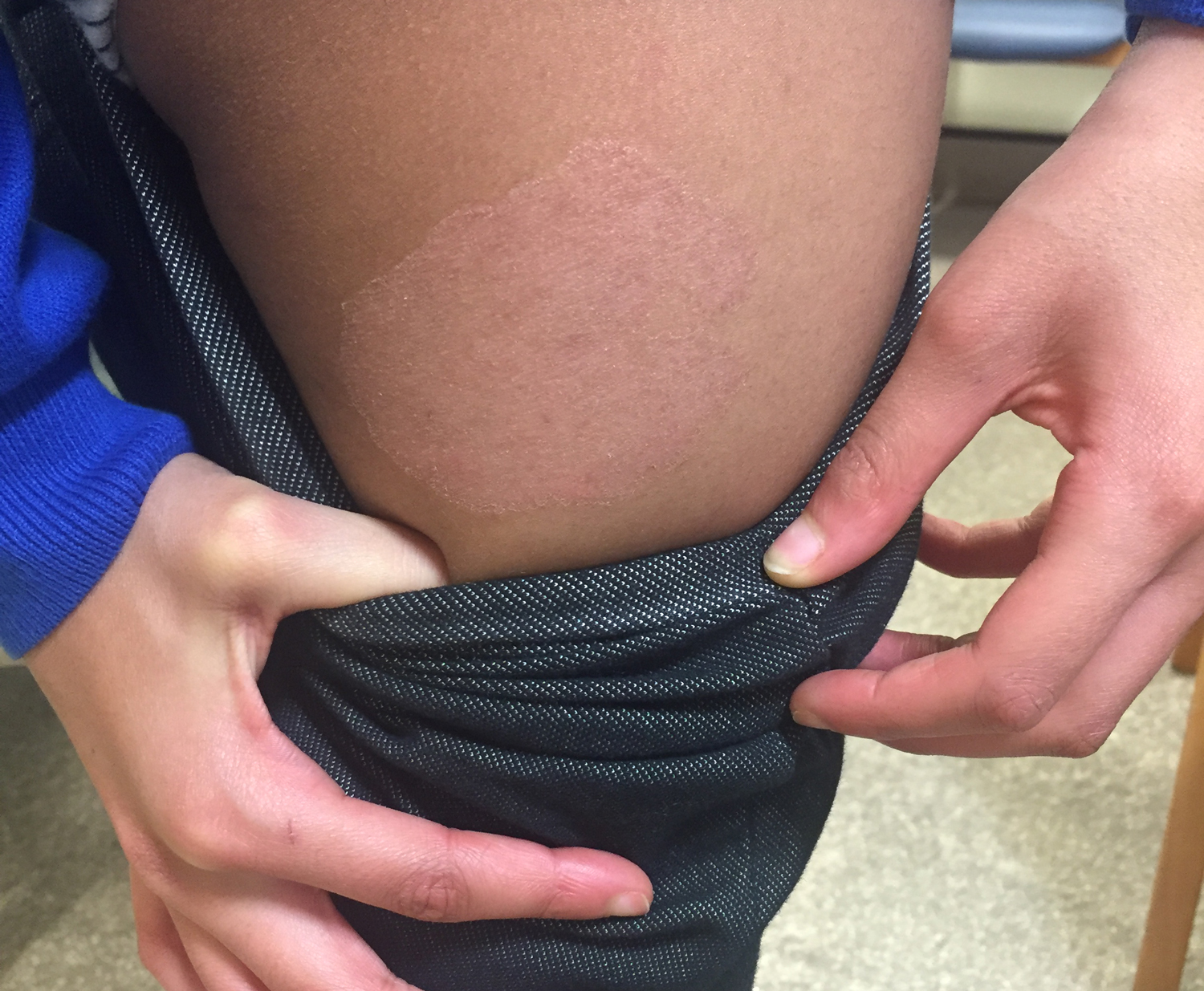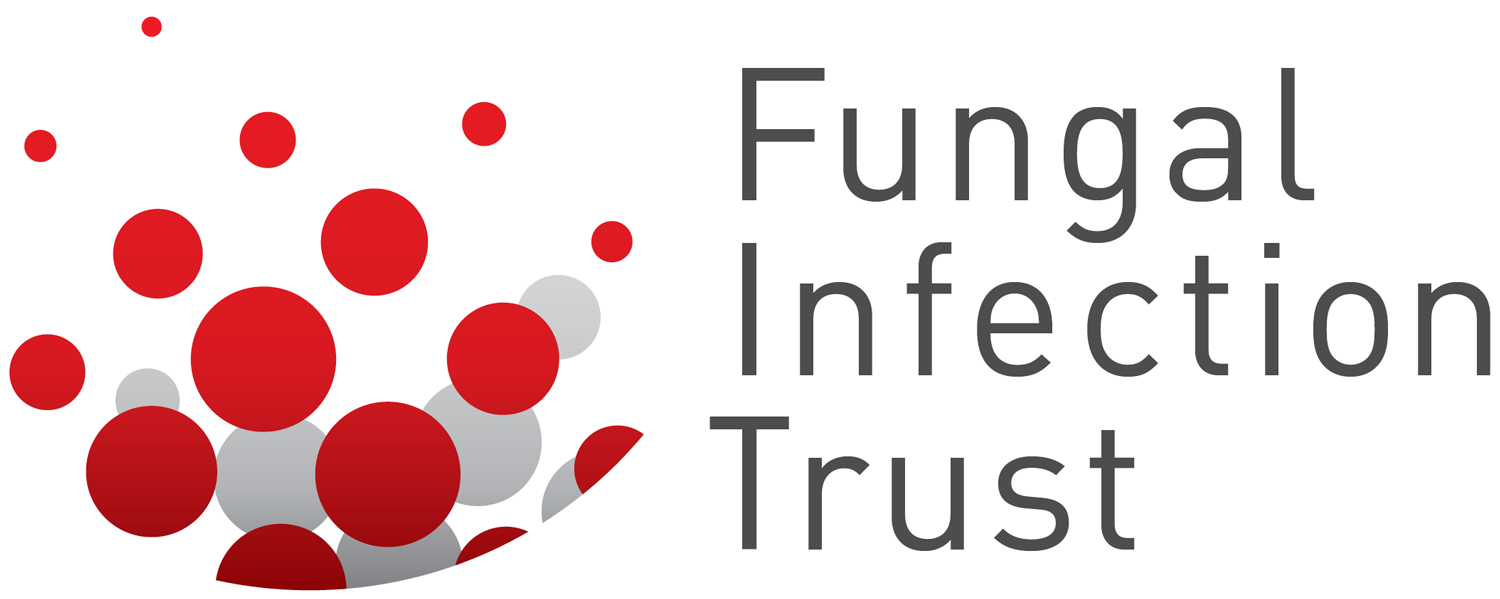Multiple commentators have raised the profile of both gaps in diagnosis, slow diagnosis and the importance of testing for antifungal resistance. Two University of Manchester blogs recently published on the important of diagnosis of fungal disease and antifungal resistance. These follow the Academy of Medical Sciences report on Antimicrobial Resistance Research.
Antifungal resistance has increased in frequency in 3 important and common fungi affecting patients. There has been global spread of the multidrug resistant Candida auris since 2008, which can be difficult to identify in the lab. The first cases in Israel were described at the recent ECCMID meeting in Lisbon. In the blood, Candida auris is often fatal, and it behaves like a bacterium as it colonises skin surfaces and the nose and is transmitted in hospitals.
South East Asia has seen rates of azole resistance in Aspergillus fumigatus of up to 95%. In the UK a recent paper found a 14% resistance rate in a citizen science project. Aspergillus causes lung disease – life-threatening infection in people with severe COVID-19 or influenza, leukaemia and transplant patients. It also causes a slowly progressive lung infection, with chronic ill health and coughing up of blood, as well allergic disease worsening asthma and cystic fibrosis. Part of the reason for so much resistance is the massive use azole fungicides in crops. Another UK study just published.

In India and now across the world, we have seen the emergence of a new species of Trichophyton which is terbinafine (or Lamisil) resistant. This fungus spreads from person to person, and has evolved, probably because of the extensive use of terbinafine in skin lotions and creams.
So accurate and rapid diagnosis of most fungal infections is important and made easier with non-culture antigen and antibody tests. By ensuring accurate diagnosis of infection, doctors can tailor both antibacterial and antifungal therapy. However, culture and susceptibility testing are required to detect resistance.
The Fungal Infection Trust’s partner Global Action For Fungal Infections has issued some policy statements on these topics.
#ThinkFungus
